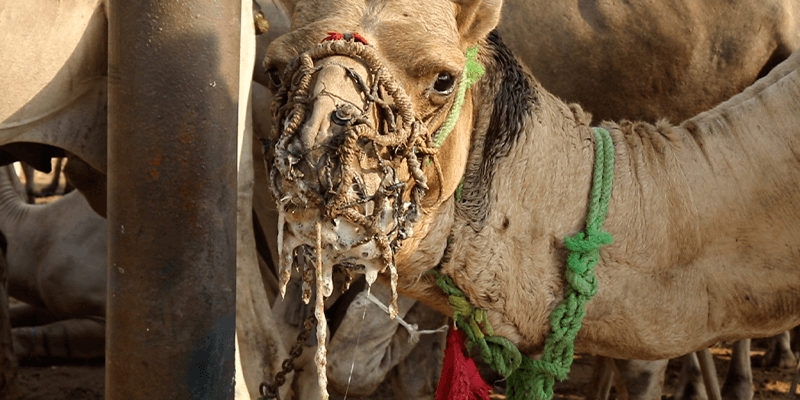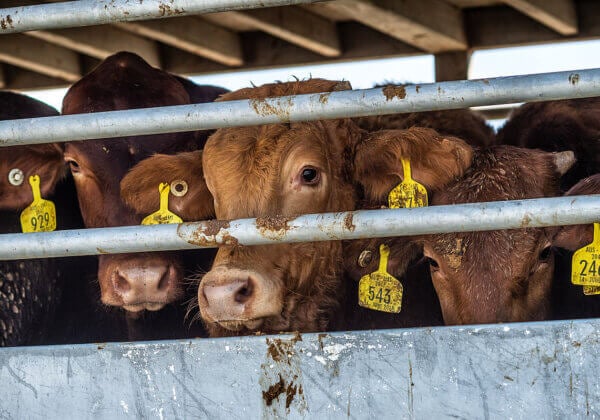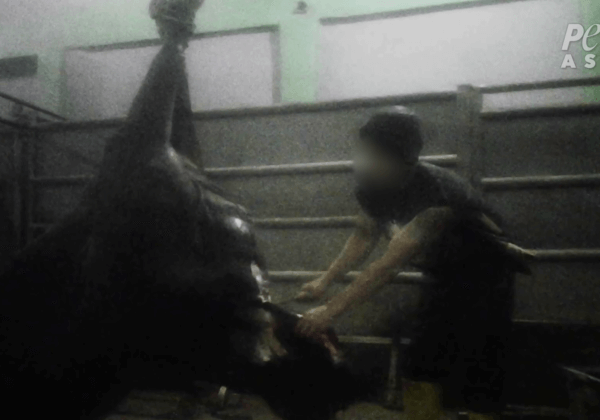Tour Guide Trampled to Death After Tourist Yanks Elephant’s Tail
A Chinese tour guide has been trampled to death by a captive elephant at a camp in Chonburi, Thailand. Plai Uthen, the 17-year-old elephant, was reportedly being forced to give two visitors a ride when other tourists surrounded him to take photos. According to the Daily Mail, one tourist yanked his tail, agitating him further and causing him to charge.
The elephant camp owner and a mahout (handler) were charged with “recklessness causing death and injuries,” according to the Bangkok Post. The elephant manager said that rides would be suspended but only for a week while fences and barriers are constructed. He also blamed the tourist who pulled Plai Uthen’s tail, saying that the incident wouldn’t have occurred had the person not “annoyed” the elephant.
https://www.youtube.com/watch?v=mNA4DwHIMVE
The two tourists riding Plai Uthen also sustained injuries and were taken to a hospital. This incident reveals just one of many reasons elephant rides should be prohibited.
ANOTHER frustrated elephant used for rides kills a human. Say no to elephant rides. https://t.co/ctNsiezbeu
— PETA India (@PetaIndia) December 22, 2017
Elephant Rides: Bad for Animals, Bad for Humans
The tourist who pulled Plai Uthen’s tail should never have done so—that’s undeniable—but this person isn’t entirely to blame for the tour guide’s death. Elephants held captive in tourist-attraction “orphanages,” “camps,” and “parks”—where the animals are forced to give rides—endure many other kinds of physical and psychological abuse. They’re denied everything that’s natural and important to them, subjected to cruel training, and deprived of proper care, and they often die decades short of their natural life expectancy.
This shouldn't have happened. Overworked elephant drops dead after giving rides in 100°. https://t.co/b2Qu1XDQYe RT! pic.twitter.com/LFRuysPYvK
— PETA (@peta) April 26, 2016
The only way to force elephants to give rides is through violence and domination. Under these conditions, it’s no surprise that many strike back—like Mbanje, who charged and crushed his handler to death in July after being forced to give rides earlier in the day.
Vengeful elephant tramples and 'impales his handler on a stick after holding grudge for years' https://t.co/VDkCPN39wl pic.twitter.com/omkjWSiOnd
— The Sun (@TheSun) July 26, 2017
And as we’ve learned in this very instance, elephants sometimes reach their breaking point and rampage, injuring and even killing those around them.
What You Can Do
The animal-entertainment industry across the globe, such as cruel tourist rides, zoos and breeding facilities, are now marketing their animal prisons as “sanctuaries” or “rescues” and claiming to support species conservation in order to attract customers.
Don’t fall victim to these deceptive ploys on your holidays. Asking a few simple questions can usually help you determine whether a facility is helping or exploiting these beautiful animals.
Sanctuary or Sham? Here’s How to Tell






